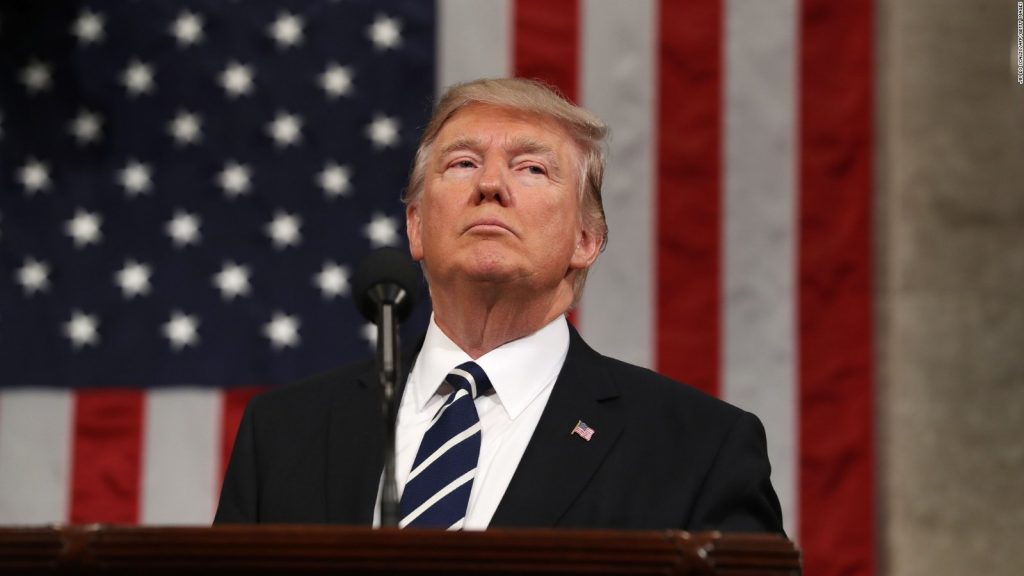Sourced : Politico
By Michael Crowley and Josh Dawsey
In White House meetings, evening calls with friends and even throughout the weekend at Mar-a-Lago, President Donald Trump asked a repeated question: Why did Syria’s president use nerve gas? Trump puzzled over the mystery —even as he ordered 59 Tomahawk missiles careening into a Syrian airfield last Thursday night.
Trump isn’t alone. U.S. officials and Syria experts are still debating what Syrian President Bashar Assad was thinking when he ordered a chemical attack sure to spark international outrage. Maybe Assad was hoping to terrorize his opponents. Perhaps he was testing Trump’s limits for his military planning. Trump officials even initially considered the possibility that Assad had not ordered the strike at all, according to one administration official, and that a military commander might have gone rogue without Assad’s knowledge.
Now several U.S. officials say they are reaching the consensus view that Assad was simply acting out of desperation. The embattled Syrian leader is facing a major rebel offensive in Idlib province, led by radical Islamic groups, that his depleted and exhausted army is ill-equipped to counter by conventional means. Chemical weapons were a response of cold-blooded convenience, they believe.
That Trump and his team couldn’t initially decide what may have motivated the strike complicated the decision-making on how to move forward, one administration official said, but “not to the point of stopping us from doing anything.”
Still, the uncertainty and its effect on Trump provides a window into how the inexperienced commander in chief copes with major decisions. Aides and friends say the lack of clarity seemed to worry Trump, who is impatient and has sometimes expressed distrust of the intelligence community, while he faced his first military test.
“No one really knew exactly why,” a senior administration official said Saturday. “And Trump wanted to know why.”
Trump continued to ask questions about Syria’s motive even after the strike, mentioning the lack of a clear motivation to friends and aides at Mar-a-Lago, according to people who spoke to him.
Trump is hardly the only one wondering about Assad’s motive. “It’s a good question,” said Paul Salem, a Syria expert at the Middle East Institute. “Nobody really knows.”
While many Syria experts in Washington endorse the official consensus that Assad is desperate to fend off even a weakened rebel opposition, they are still entertaining other theories.
Some are complex and probably far-fetched. They include the possibility of a rogue military commander — perhaps loyal to Iran, which has sent troops and funding to prop up Assad — was trying to sabotage the possibility of a U.S.-Russia-Assad alliance that could isolate Tehran.
There was good reason to think so. Until last week, Trump had long argued that any U.S. effort to depose Assad was a distraction from the fight against ISIS. Trump also opposed former President Barack Obama’s threatened 2013 airstrikes in response to Assad’s last use of nerve gas. And the attack came days after Secretary of State Rex Tillerson said that Assad’s fate “will be decided by the Syrian people,” and White House press secretary Sean Spicer’s declaration that Assad’s grip on power “is a political reality that we have to accept.”
Until those statements, critics note, it had been nearly four years since Assad had used nerve gas. (His regime has repeatedly used less-lethal chlorine gas against civilians since 2013.)
Another view holds that Assad was testing Trump’s limits in an effort to see how much leeway he might have in future military operations. While Assad has inflicted severe damage on the rebels in recent months, “He still has a lot of mopping up to do and he doesn’t have the manpower for that. He probably wanted to see if it was OK to deal with them with sarin gas,” said Phil Gordon, who served as Obama’s top national security council aide for Middle East affairs.
Ultimately, Trump seemed to think of the strike as a test of his own military leadership — no matter what Assad’s true motive was.
Another is that Assad was trying to psychologically terrorize his opposition through a so-called demonstration effect. This school of thought holds that “he’s showing the rebels, ‘I can get away with this,’” Salem said.
Image Sourced : CNN


